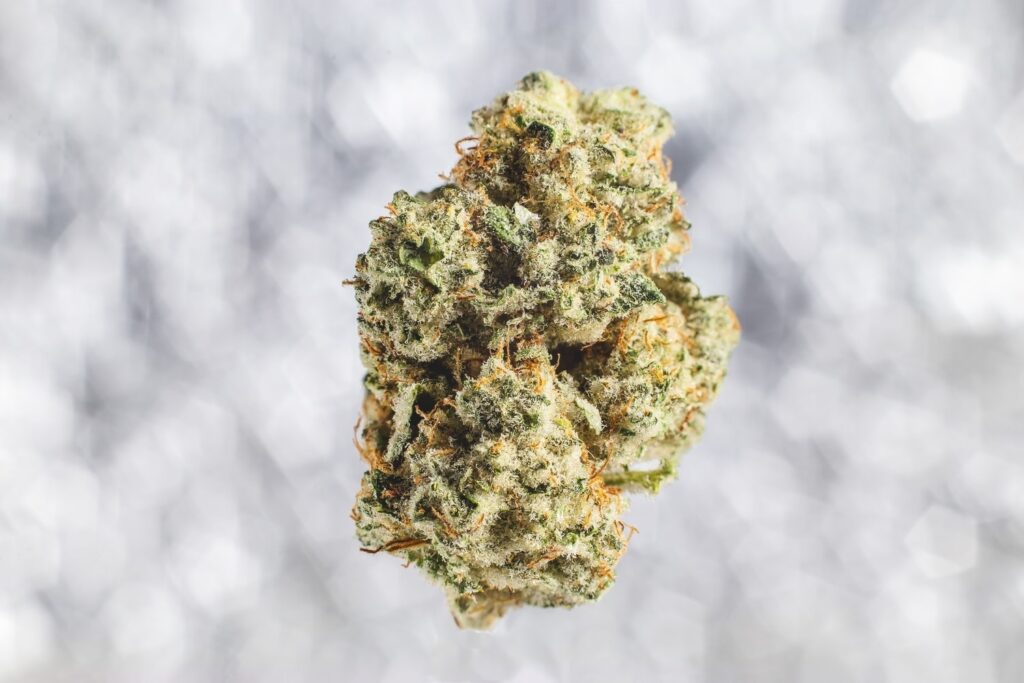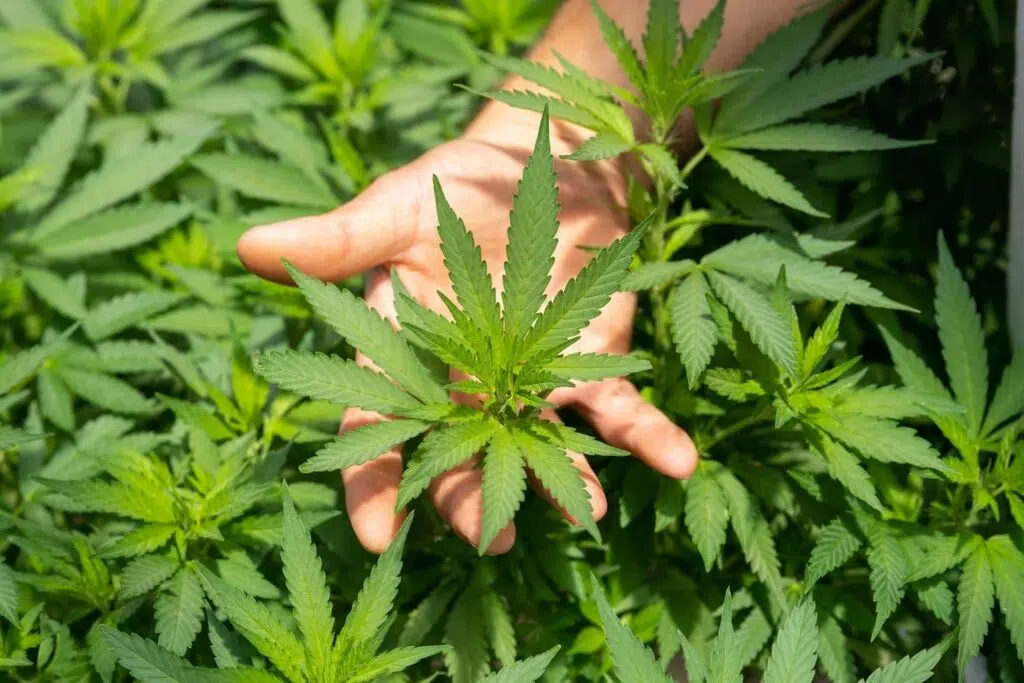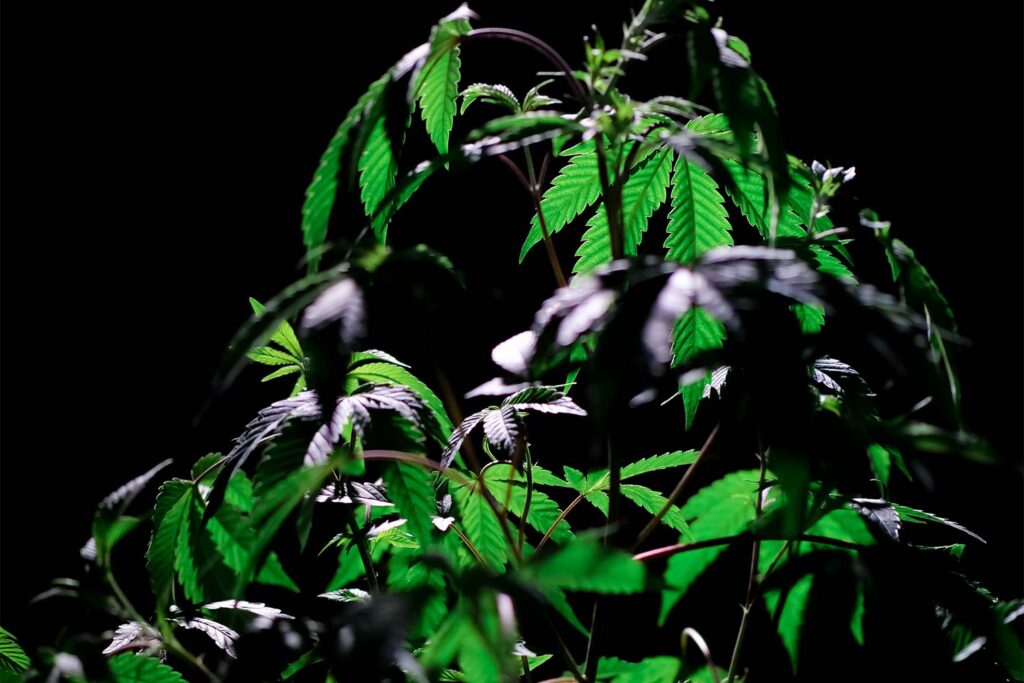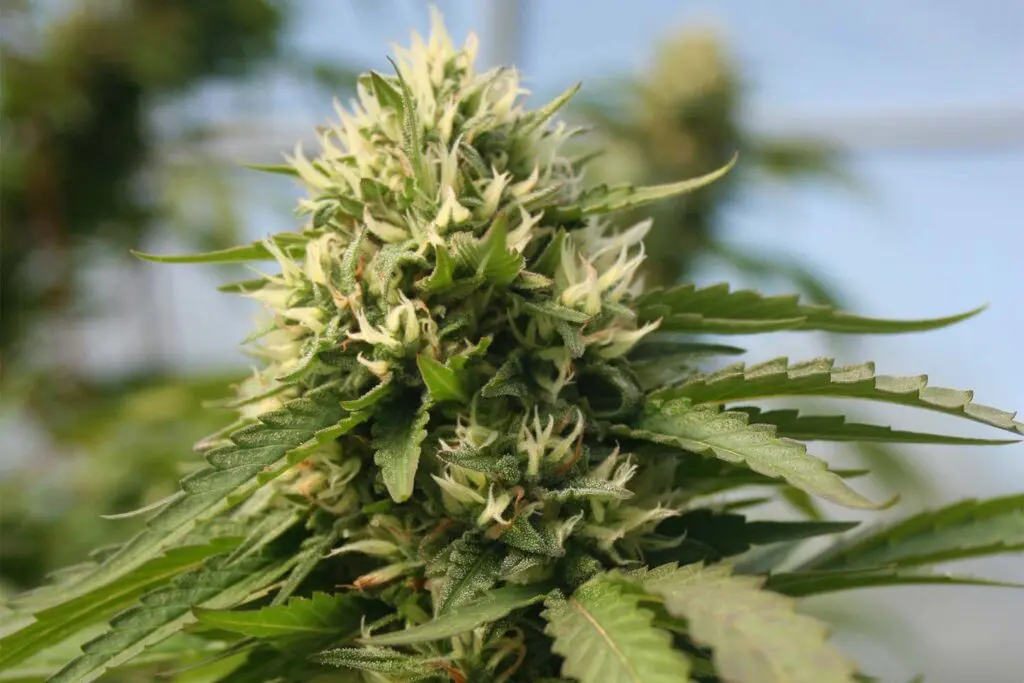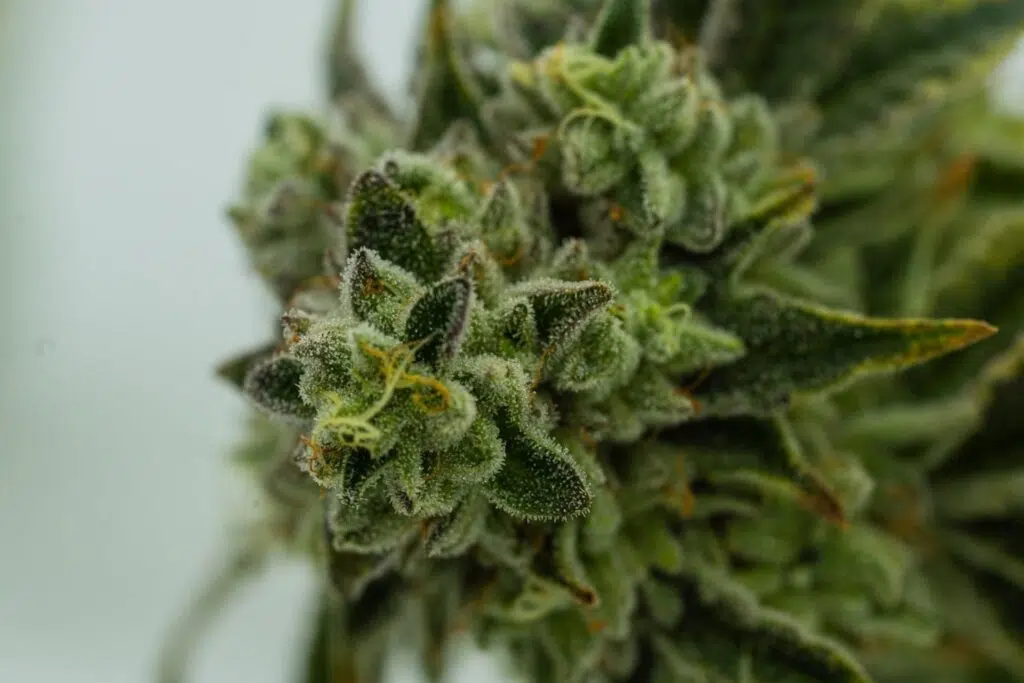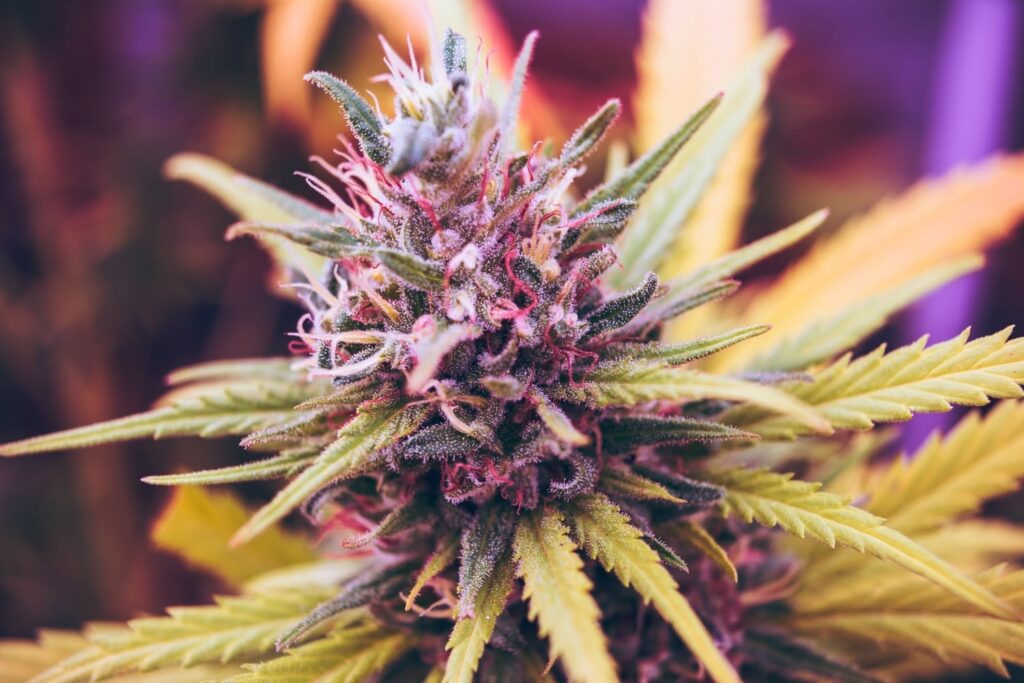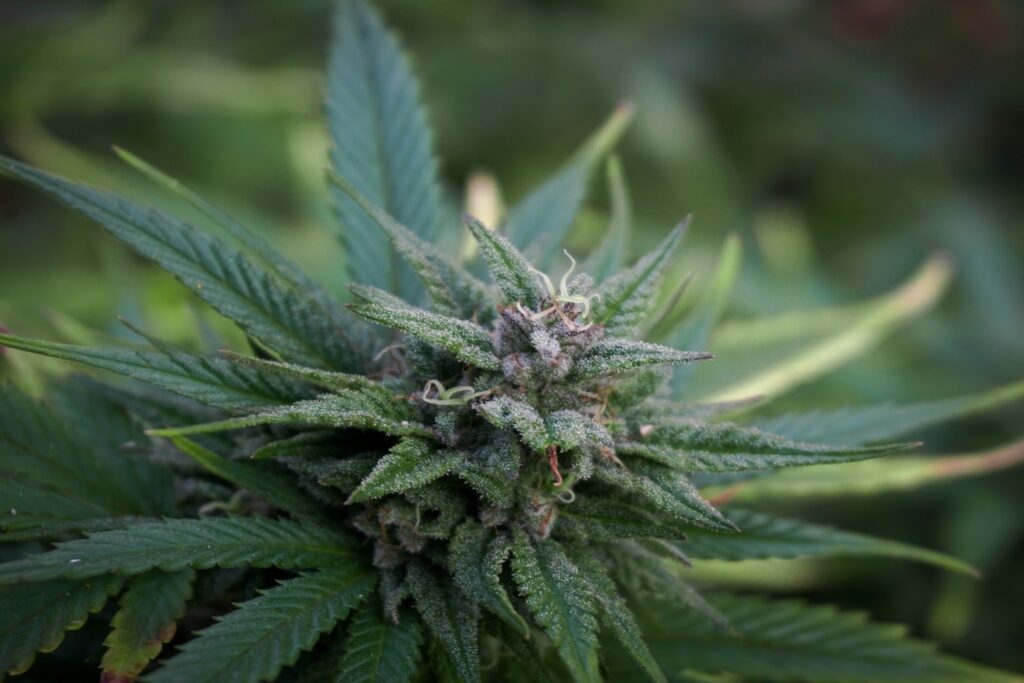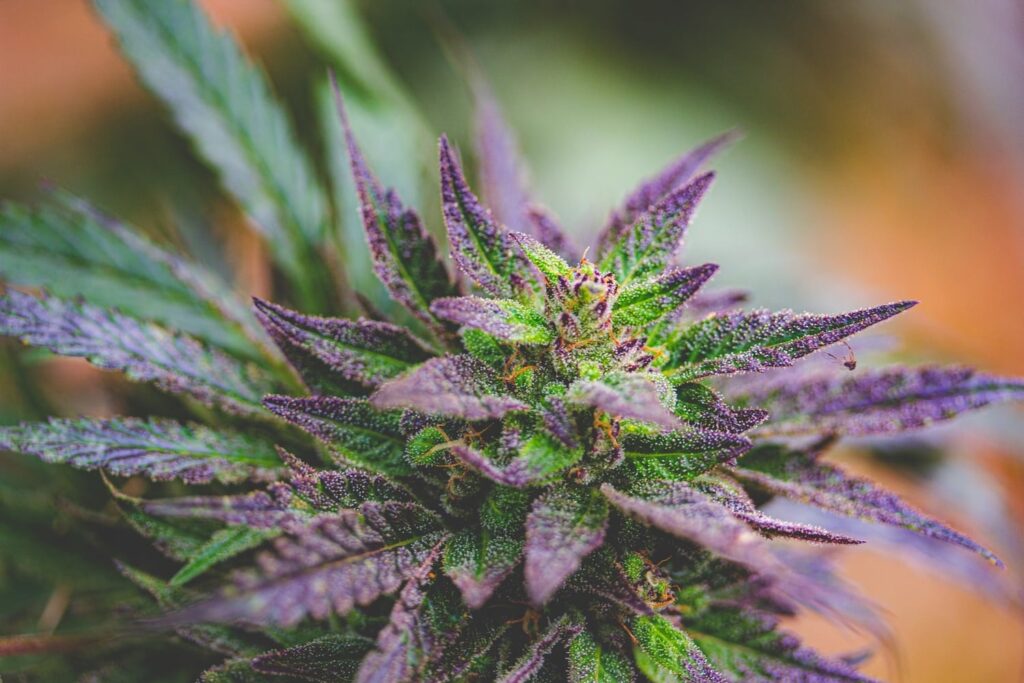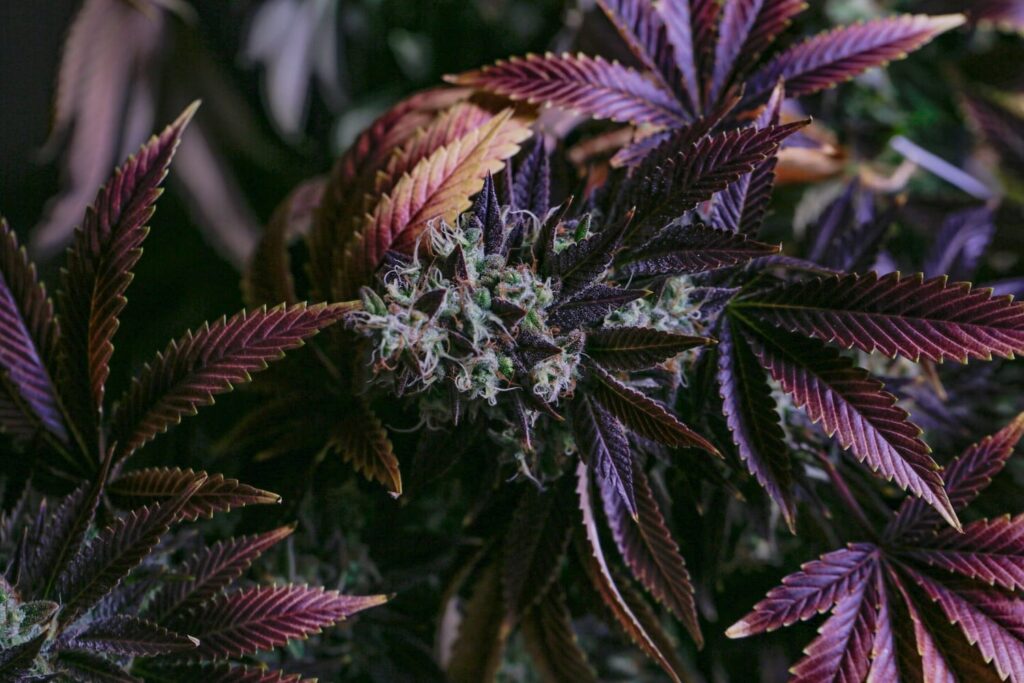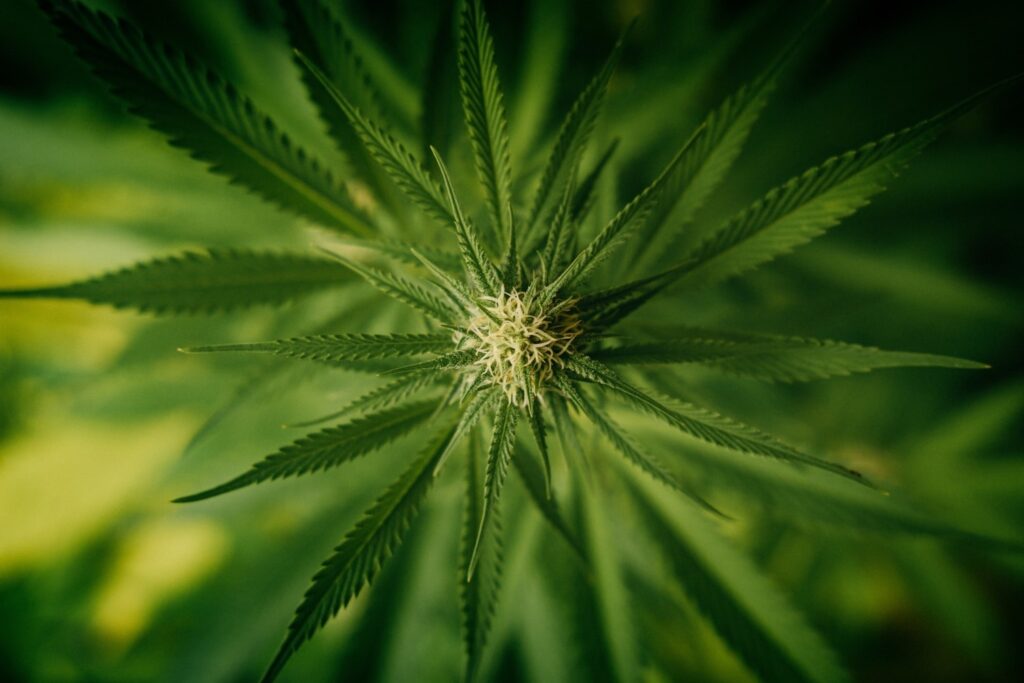5 Evidence-Based Truths About Federal Marijuana Legalization
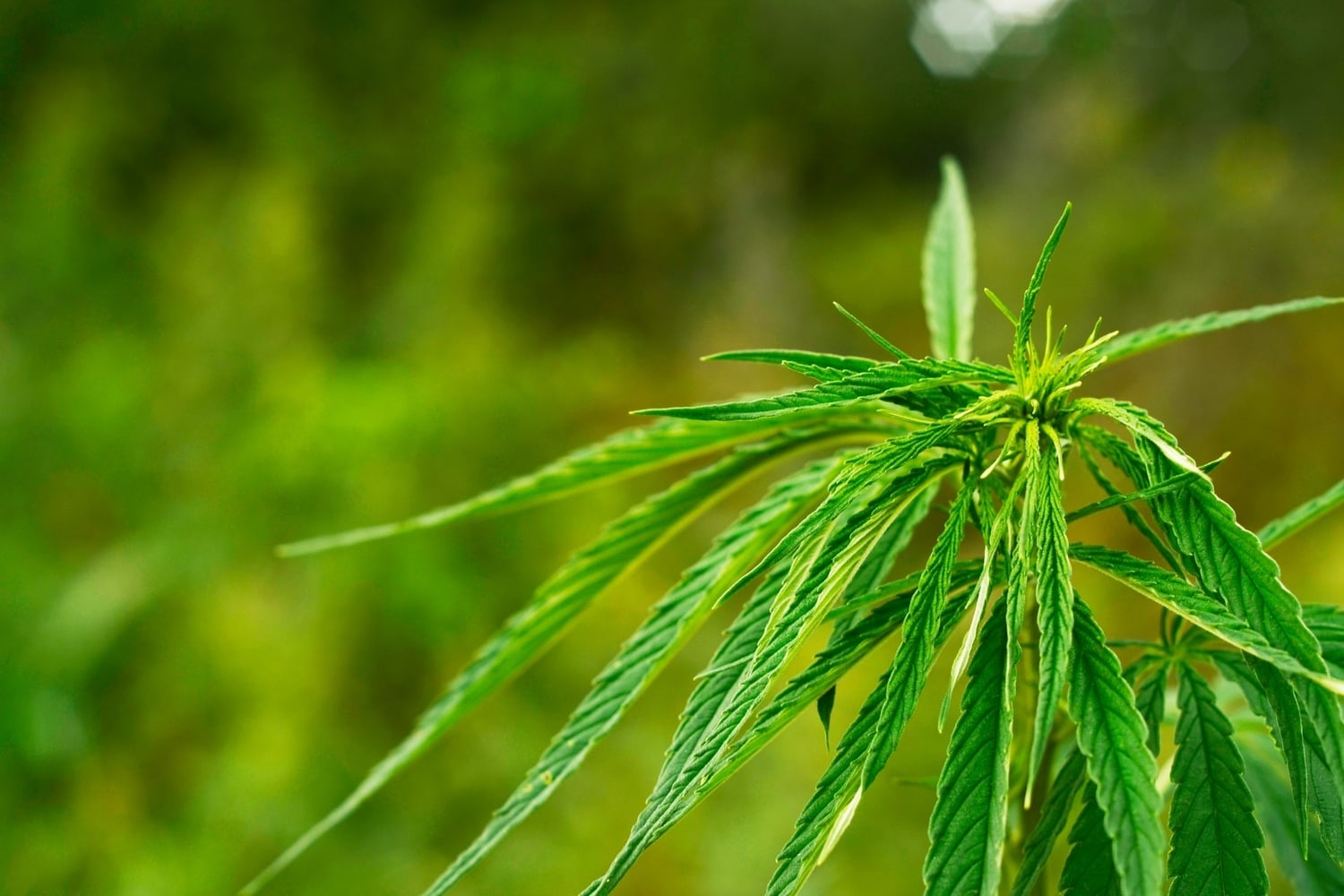
There’s a lot of positivity, and some negativity surrounding potential federal marijuana legalization in the United States. While advocates expectedly hype up the positives of having federal marijuana legislation, anti-marijuana groups do the exact opposite. This makes it difficult for the neutrals to distinguish between truths and lies, facts and fantasies, or pure exaggerations.
Feature Photo Source: Unsplash
With cannabis already legalized in several states, they can serve as case studies that reveal what the U.S. can expect from federal legalization. The following examines 5 unbiased truths about the impact that federal marijuana legalization will most likely have across the United States. These truths are based on evidence and statistics from the states where marijuana is currently legalized.
5 truths about federal marijuana legalization
Here are the 5 truths you need to be aware of about federal marijuana legalization in the United States.
Federal marijuana legalization will create a lot of jobs
Let’s start this off on a positive note. Last week, we spoke about how the marijuana industry had created over 240,000 jobs before 2020. Well, more details have emerged about the number of jobs created in the industry as of 2020 and it is positive. The cannabis sector created 77,000 jobs in 2020 alone.
If marijuana is legalized nationwide, the number of new jobs that would be created would dramatically increase. Consequently, the evidence currently available suggests that federal marijuana legalization will create a lot of jobs.
It may not result in substantial crime reduction
Well, it makes sense that legalizing marijuana would ideally take money out of the hands of black market operators. It’s also logical that this would subsequently lead to a substantial reduction in the frequency of violent crimes. Is this backed by evidence? Apparently not. From research and statistics available in states where recreational use of cannabis has been legalized, there is no indication that violent crimes have reduced.
The CATO Institute carried out a recent study that revealed that violent crimes have neither dropped or increase since marijuana was legalized across several U.S. states. However, this could simply be an indication that cartel operators have continued to perpetrate violent crimes for other reasons. Also, it could mean that it might be too early to measure how marijuana legalization has impacted the level of violent crimes in these cities. Notwithstanding, the evidence currently available in most states does not back the sentiment that federal cannabis legalization will reduce violent crimes.
Tax revenue from marijuana will continue to rise
Money has played a vital role in championing the federal marijuana legalization cause and will continue to do so. As many states continue to intensify plans to legalize marijuana, one common feature has been how most of the governors have used their budget plans to highlight the importance of legalizing marijuana in their states. The rationale is simple, weed legalization will boost state budgets.
For example, in 2020, Colorado collected $387 million in tax revenue from the legal recreational marijuana industry. Similarly, California also collects around $50 million monthly from the industry. With state budgets constantly shrinking, the recreational marijuana industry can help infuse the much-needed tax revenue. Unsurprisingly, the evidence overwhelmingly suggests that tax revenue from the industry will continue to rise upon federal marijuana legalization.
The price of marijuana is unlikely to crash
There are ongoing sentiments from pro-marijuana advocates that creating a legal weed industry will crash the black market and consequently the price of products. We hate to be the bearer of bad news but this hasn’t been the case in weed-legal states. However, recent research also shows that the price of marijuana products has barely been affected. The prices of marijuana products have remained high.
It will reduce opioid dependency and abuse
Advocates have long proposed that legalizing weed will ultimately reduce opioid dependency across the country. Researchers recently discovered that by using marijuana as an additional form of pain management therapy, opioids usage was reduced. This has impressively led to a reduction in worker compensation payouts in states where weed is legal.
Apart from this recent research, it is a well-documented fact that marijuana can help reduce dependency on opioids.
The federal marijuana legalization wrap up
Federal marijuana legalization appears to be on the front foot at the moment. However, the journey ahead is still long. This post provides a critical look at some of the common truths and sentiments and examines what evidence backs them.
You should watch out for our next post where we provide updates about the new Safe Banking Act that’s been reintroduced in Congress, how it affects federal marijuana legalization, and more updates.
To get more updates on marijuana legalization and perhaps investments in the industry, bookmark this website and sign up for the Stoners Rotation newsletter.

